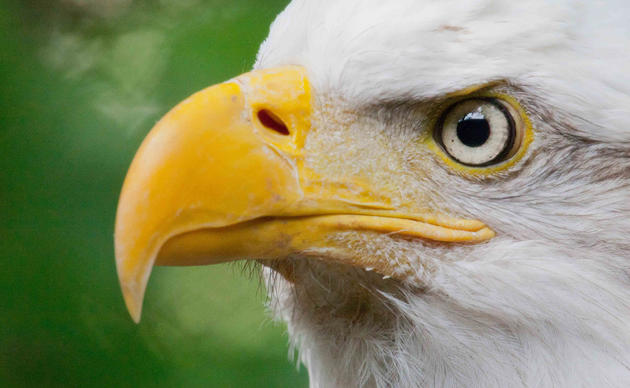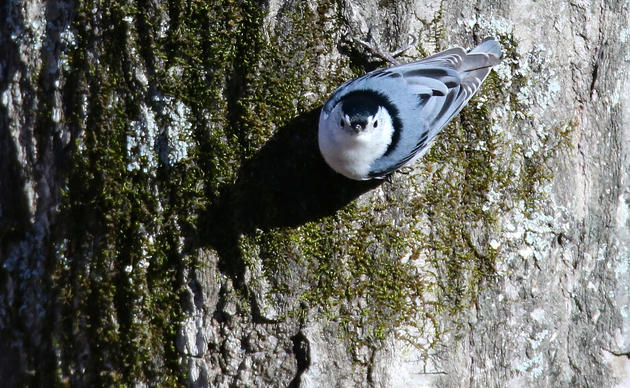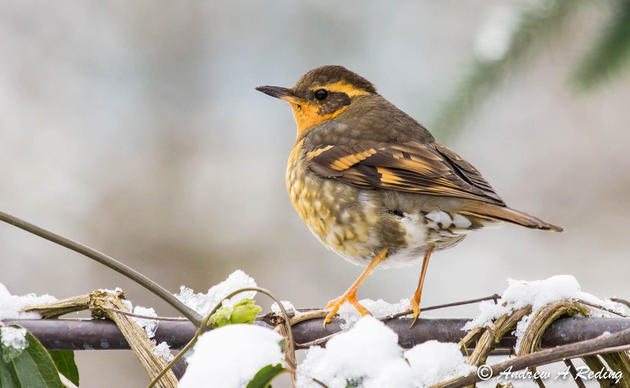For the second year in a row, Audubon Washington is hosting a virtual advocacy day for our members across the state. Throughout the day on December 7, we’ll meet with state legislators to share our love of birds and our vision for a climate resilient Washington state.
In the weeks leading up to the event, Audubon campaign staff will train local leaders to facilitate impactful meetings with legislators and their staff.
Sign-up today and learn how to more effectively advocate for birds. You can register at birdscan.win.
In the upcoming 2022 legislative session, we will advocate for birds in three main categories; climate and clean energy, coastal conservation, and protecting Washington's shrub-steppe habitat. Read on for more!
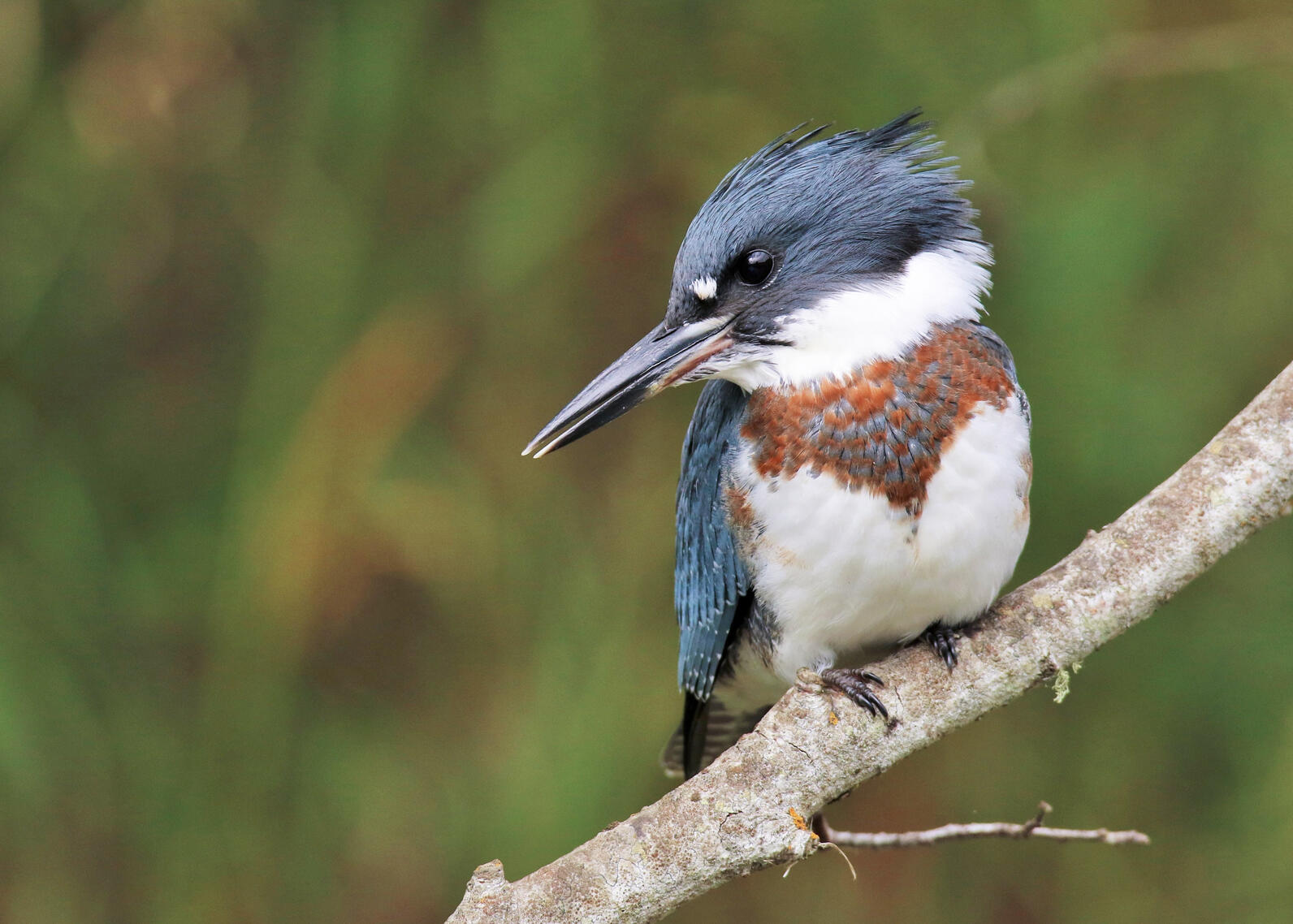
CLIMATE AND CLEAN ENERGY
Since 2019 the state legislature has passed several landmark climate policies. From the Clean Energy Transformation Act to Clean Fuels and the Climate Commitment Act, we’re beginning to see a path towards 100% clean energy in Washington State. In 2022, we’re asking legislators to finish the job by passing legislation incorporating climate resilience and transportation emissions reduction into the state’s Growth Management Act (HB 1099).
Legislators should also create incentives to promote more solar energy in the built environment, especially when solar projects benefit vulnerable populations. Working lands must also be a part of our climate solutions, so we’re calling on the legislature to provide the funding necessary to get the Sustainable Farm and Fields program off the ground, bringing new investments in climate-smart farming across the state.
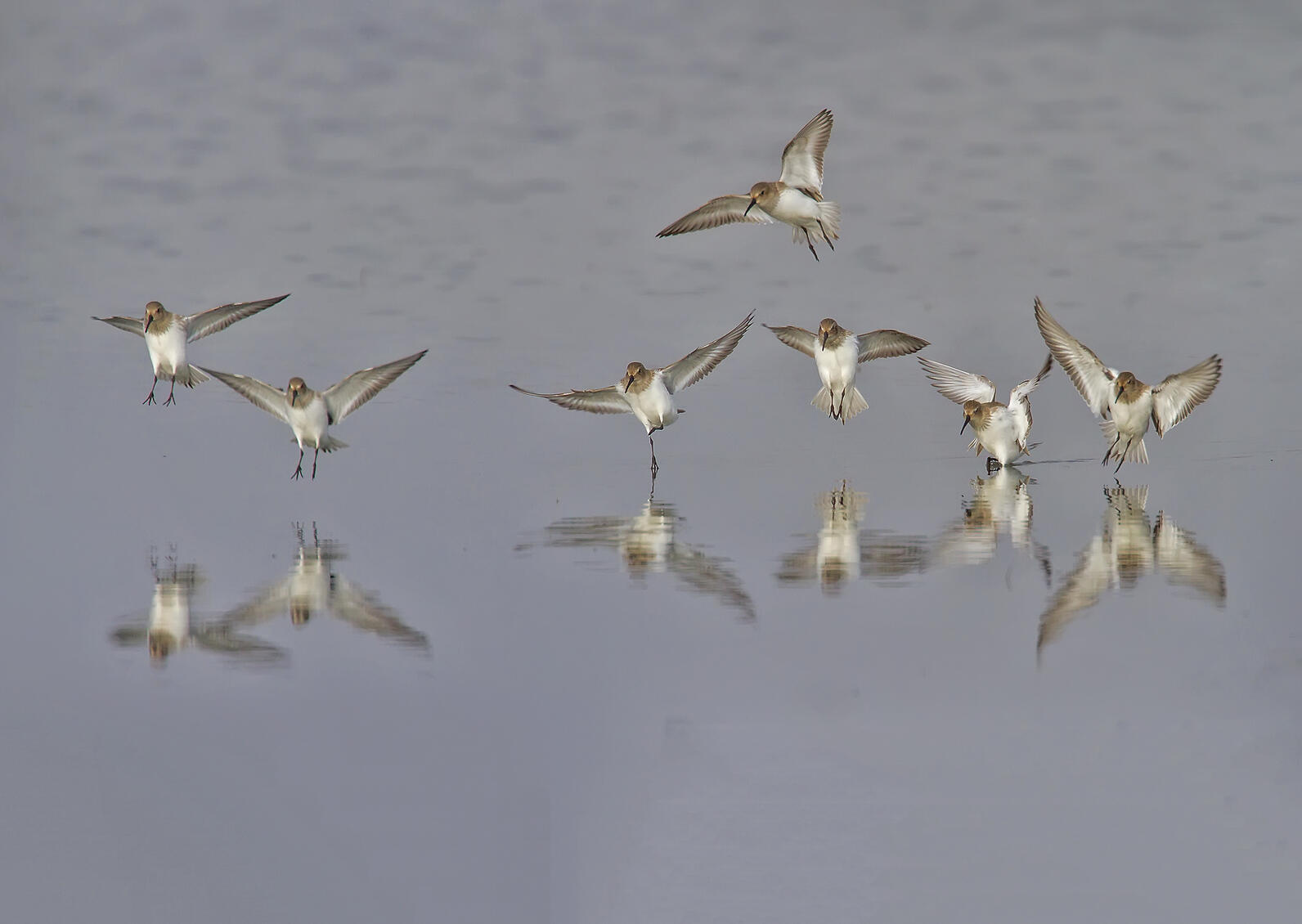
COASTAL CONSERVATION
Governor Jay Inslee is expected to prioritize salmon recovery over the course of the next several years. This is an incredible opportunity to make real gains for habitat restoration and ecosystem recovery in one of our priority geographies, the Puget Sound.
In 2022 there will be several policies in play that will help advance Puget Sound recovery. In addition to supporting the Governor’s salmon recovery strategy, legislators should pass new policy to improve public data, close enforcement gaps, and advance restoration of shorelines. Finally, we must remove unnecessary restrictions on how much money counties can invest in nature through the Conservation Futures program.
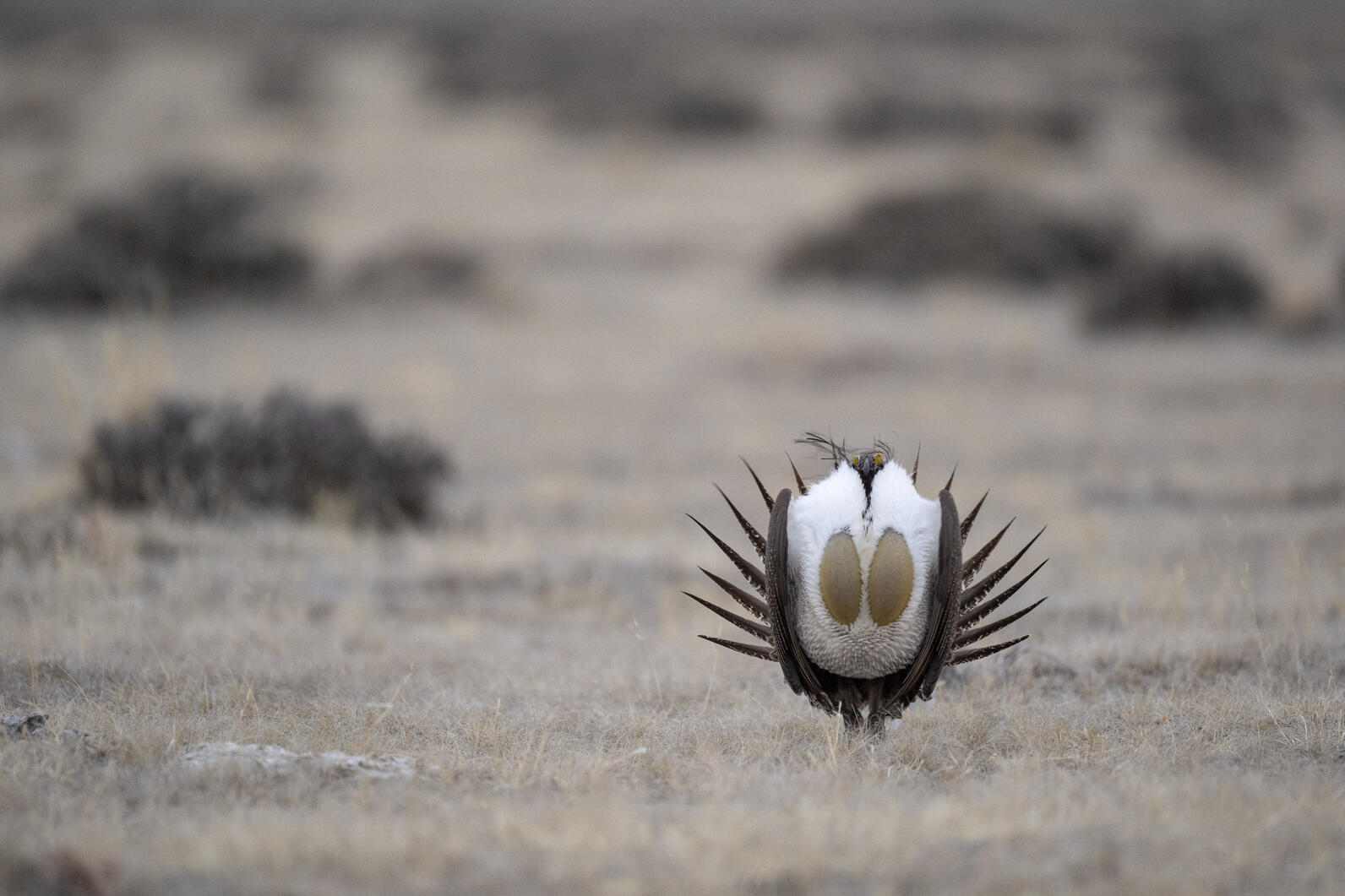
PROTECTING THE SHRUB-STEPPE
There are currently 40 utility-scale solar energy proposals across 54,000 acres. We must reach our clean energy targets but can’t sacrifice the remaining shrub-steppe habitat. The Washington Department of Fish and Wildlife plays a key role in providing habitat data during the solar energy siting process, but as of now there is less than one full time position at the WDFW managing a veritable solar boom. WDFW needs more funding to ensure the best science on wildlife impacts is taken into consideration when reviewing new industrial solar projects.
It’s also imperative that the legislature protect funding for the least-conflict solar siting process in the Columbia Plateau.

